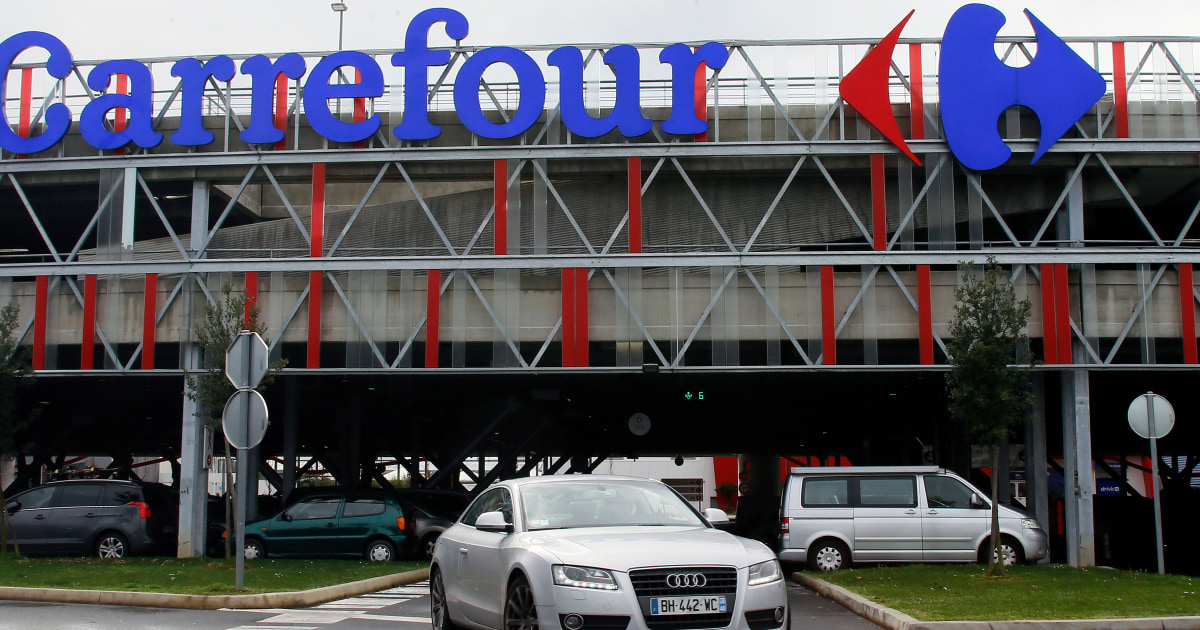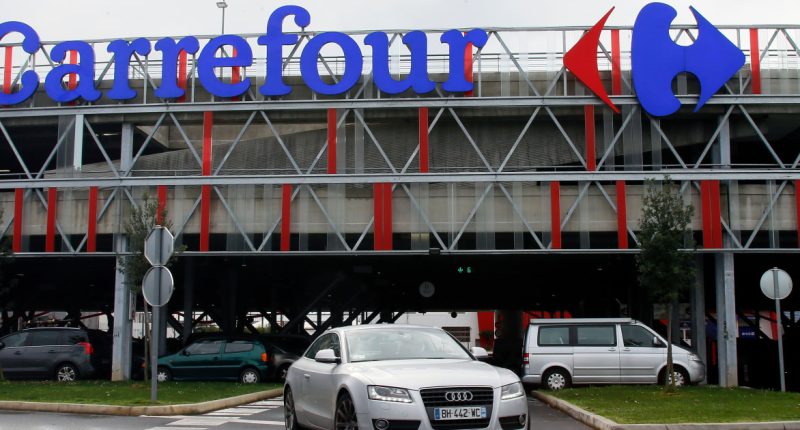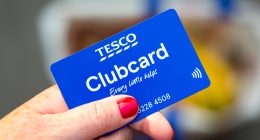
PARIS — Global supermarket chain Carrefour will stop selling PepsiCo products in it stores in France, Belgium, Spain and Italy over price increases for popular items like Lay’s potato chips, Quaker Oats, Lipton tea and its namesake soda.
The French grocery chain said it pulled PepsiCo products from shelves in France on Thursday and added small signs in stores that say, “We no longer sell this brand due to unacceptable price increases.”
It comes as a new French law meant to fight the rising cost of living has supermarkets facing millions in fines if they don’t reach a deal with suppliers on prices by the end of the month.
The ban also will extend to Belgium, Spain and Italy, but Carrefour, which has 12,225 stores in more than 30 countries, didn’t say when it would take effect in those three countries.
PepsiCo products were still on shelves Friday in Rome and Barcelona. Carrefour Italia’s press office said information will be posted for customers in their stores in Italy in the next days.
PepsiCo said in a statement that it has “been in discussion with Carrefour for many months and we will continue to engage in good faith in order to try to ensure that our products are available.”
The company behind Cheetos, Mountain Dew and Rice-A-Roni has raised prices by double-digit percentages for seven straight quarters, most recently hiking by 11% in the July-to-September period.
Its profits are up, though higher prices have dragged down sales as people trade down to cheaper stores. PepsiCo also has said it’s been shrinking package sizes to meet consumer demand for convenience and portion control.
“I do think that we see the consumer right now being more selective,” PepsiCo Chief Financial Officer Hugh Johnston told investors in October.
The Purchase, New York-based company said price increases should ease and largely align with inflation, which has fallen considerably worldwide since crunched supply chains during the COVID-19 pandemic and then Russia’s war in Ukraine sent prices surging.
However, the 20 European Union countries that use the euro currency saw consumer prices rise to 2.9% in December from a year earlier, rebounding after seven straight monthly declines, according to numbers released Friday.
Prices for food and non-alcoholic drinks have eased from a painful 17.5% in the 20-country euro area in March but were still up by 6.9% in November from a year earlier.
The government of French President Emmanuel Macron has fought back on the rising cost of living for households, passing a November law to implement “emergency measures” to fight high prices.
The law moved up annual negotiations between supermarkets and their suppliers on setting prices and more to Jan. 31 from March 1. Fines have been increased to 5 million euros ($5.46 million) for grocery companies that fail to meet the new deadline for setting prices.
For its part, PepsiCo has pointed to higher costs for grain and cooking oil for its rising prices. Costs for those food commodities surged following Russia’s invasion in Ukraine but fell considerably on global markets last year from record highs in 2022.
The U.N. Food and Agriculture Organization said Friday that its food price index was 13.7% lower in 2023 than the year before, but its measures of sugar and rice prices grew in that time. That overall relief still is not being felt by families at supermarkets.
Source: | This article originally belongs to Nbcnews.com









